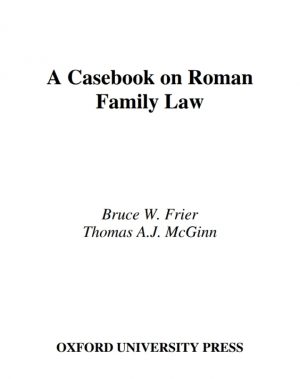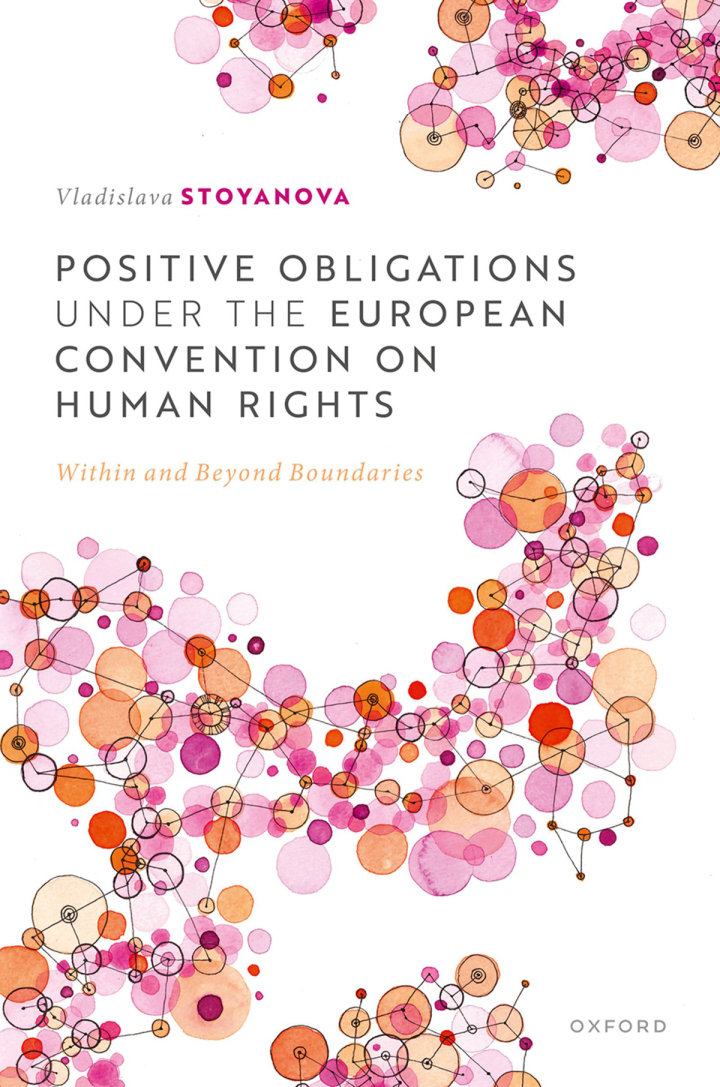Positive Obligations under the European Convention on Human Rights Within and Beyond Boundaries
$47.12
Attention: This is just ebook, Access Codes or any other Supplements excluded! / File Delivery: Sent Via Email within 24 hours!
SKU: e27af58438eb
Category: Law Textbooks
Description
-
Author(s)Vladislava Stoyanova
-
PublisherOUP Oxford
-
FormatPDF
-
Print ISBN
9780192888044, 0192888048 -
eText ISBN
9780192888044, 0192888048 -
Edition2023
-
Copyright
- Details
It is beyond question that States have positive obligations under the European Convention on Human Rights (ECHR) to prevent and address harm and risks of harm. However, given the difficulties of determining and delimiting the role of the State, the conditions under which positive obligations may apply can be unclear. The search for balance between intrusion and restraint by the State—between protection and freedom from interference—further complicates the question of state responsibility for breach of positive obligations. Vladislava Stoyanova directly addresses these challenges in Positive Obligations under the European Convention on Human Rights. By systematising the case law of the European Court of Human Rights, the book provides key insights into the elements crucial for ascertaining state responsibility for omissions – state knowledge, causation, and reasonableness. It outlines different kinds of positive human rights obligations and identifies the circumstances under which they can be breached. Stoyanova reflects upon what is at stake for political communities when the triggering, content, and scope of positive obligations has been determined. She offers serious evaluation of the dangers of ECHR obligations whose scope might be too expansive or intrusive, as well as the conceptual hurdles of applying positive human rights obligations extraterritorially. The definitive resource on ECHR positive obligations, this book is essential reading for academics, legal practitioners, and policymakers working across the diverse fields in which positive human rights obligations may apply. This is an open access title available under the terms of a CC BY-NC-ND 4.0 International licence. It is free to read at Oxford Scholarship Online and offered as a free PDF download from OUP and selected open access locations.
Related products
-

Commercial Arbitration in Sweden 3rd Edition
Rated 0 out of 5$146.25 Add to cart -

A Casebook on Roman Family Law
Rated 0 out of 5$28.60 Add to cart -

Atrocity Speech Law Foundation, Fragmentation, Fruition
Rated 0 out of 5$43.88 Add to cart -

Anti-Discrimination Law in Civil Law Jurisdictions 1st Edition
Rated 0 out of 5$43.88 Add to cart

